A native of Brazil, Syagrus hoehnei in habitat typically grows in a mountainous region where it gets plenty of rain. However, due to habitat destruction it is nearly extinct in the wild. Syagrus hoehnei is a smaller statured palm that is perfect for using as a potted specimen on your patio or indoors as well as planting directly in the ground. It has a slender solitary trunk which when mature tops out at a height of about 15 feet under perfect conditions (most likely indoors this will be about 6 feet). The pinnate fronds wisp delicately from the crown and display a silvery gray color on the underside of each. For such a small palm it is said to withstand down in to the mid 20’s F, so if you have sheltered area or a means to protect them outdoors then you can certainly enjoy growing Syagrus hoehnei directly in the ground. I know of a few people as far north as the Carolina’s that are growing this in sheltered spots in ground.
In 2015 palm biologist Dr. Larry Noblick and palm botanist Dr. Larry Meerow published documentation that reclassified Lytocaryum back within the Syagrus genus. This had been done in the past by numerous researchers, however, it was last classified as Lytocaryum in 1965 by Glassman. Now I’m not a biologist or botanist, so as a palm enthusiast I must go with what the experts state, especially when reading the research papers and understanding the why. Besides that, as my interest continues to grow in palm hybridization, the fact that Syagrus romanzoffiana will cross pollinate with the former Lytocaryum AND produce viable seed it’s evident the two belong in the same genus. Likewise, like most other Syagrus’, hoehnei also cross pollinates with palms in the Butia genus.
Here in my North Florida Palm garden I have five Syagrus hoehnei as well as five Syagrus weddellianum planted in my garden. Additionally I have six of each variety growing in seven gallon containers and recently added four more Syagrus hoehnei which are growing nicely in one gallon containers. My intent with so many is to start producing these for sale as they are rare in cultivation but I feel they should be more readily available for others to enjoy.
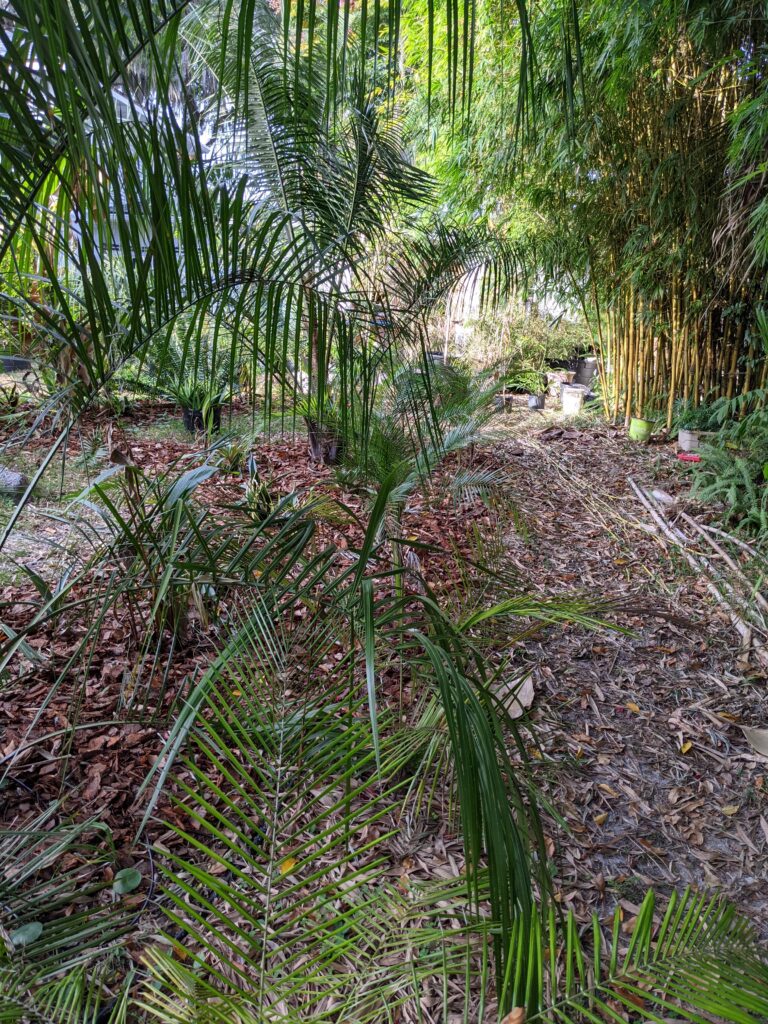
Syagrus hoehnei and weddellianum growing in ground 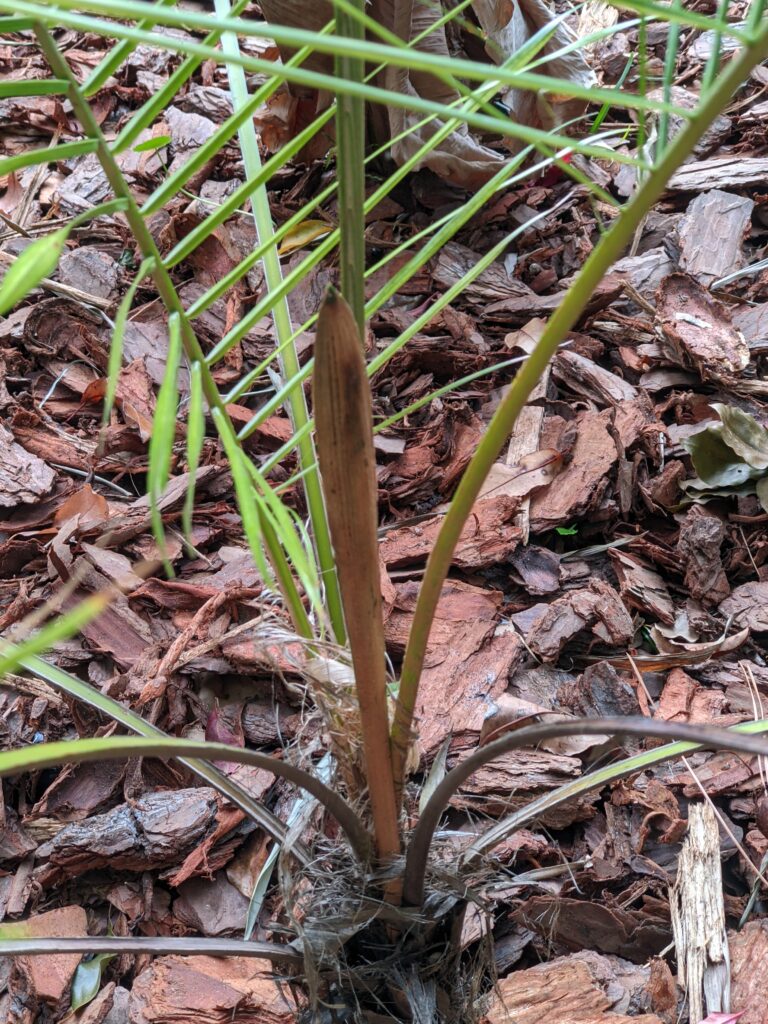
Syagrus hoehnei flower spathe 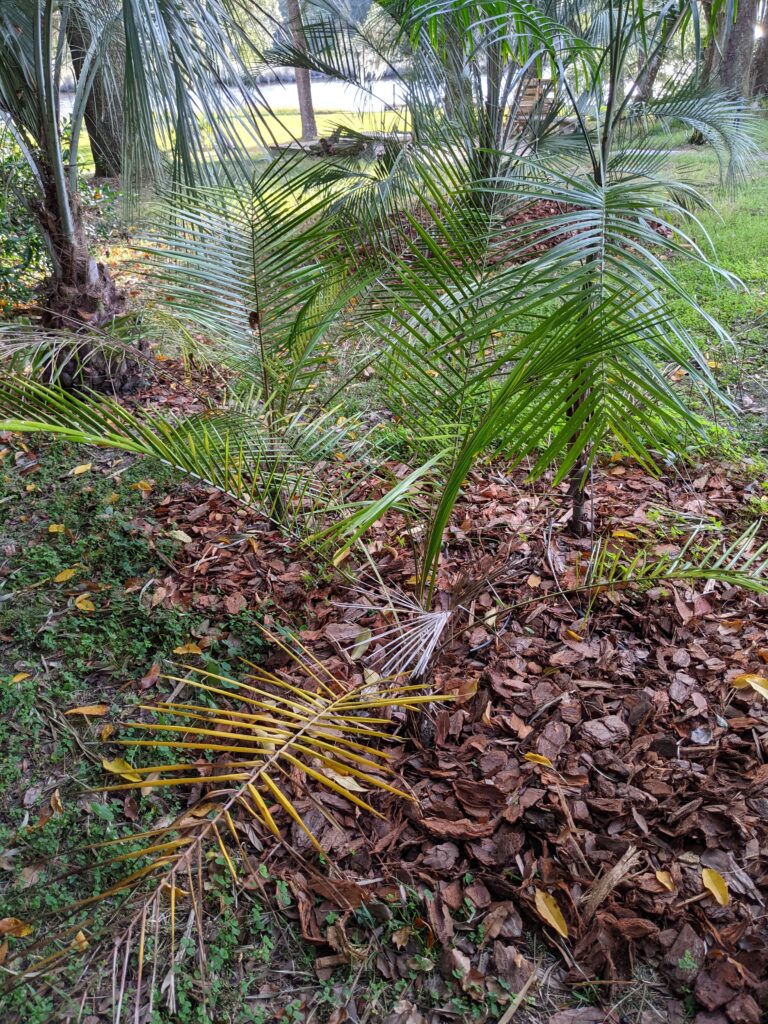
Syagrus hoehnei in ground Jacksonville FL 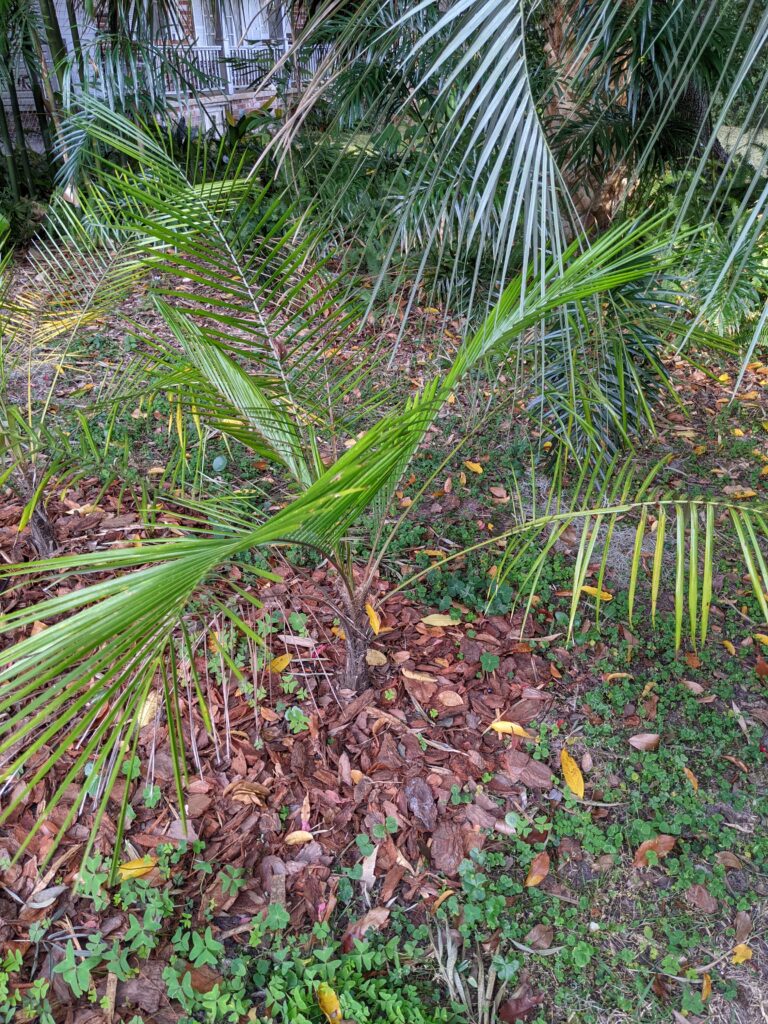
Syagrus hoehnei in ground Jacksonville FL 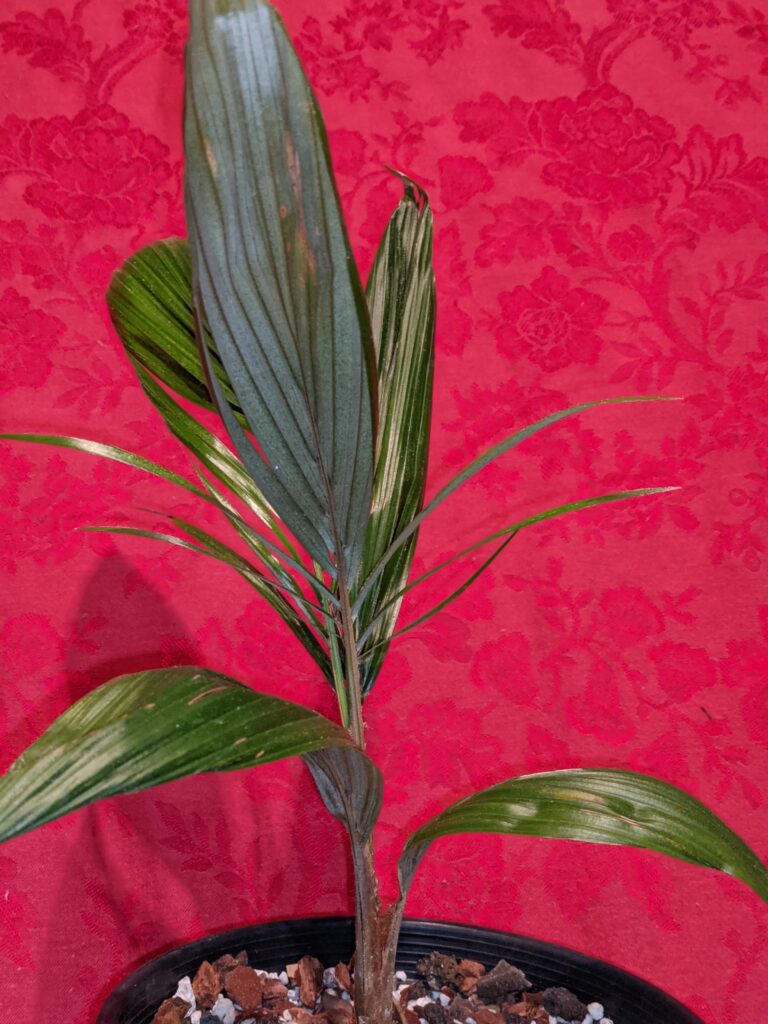
Syagrus hoehnei seedling leaf underside 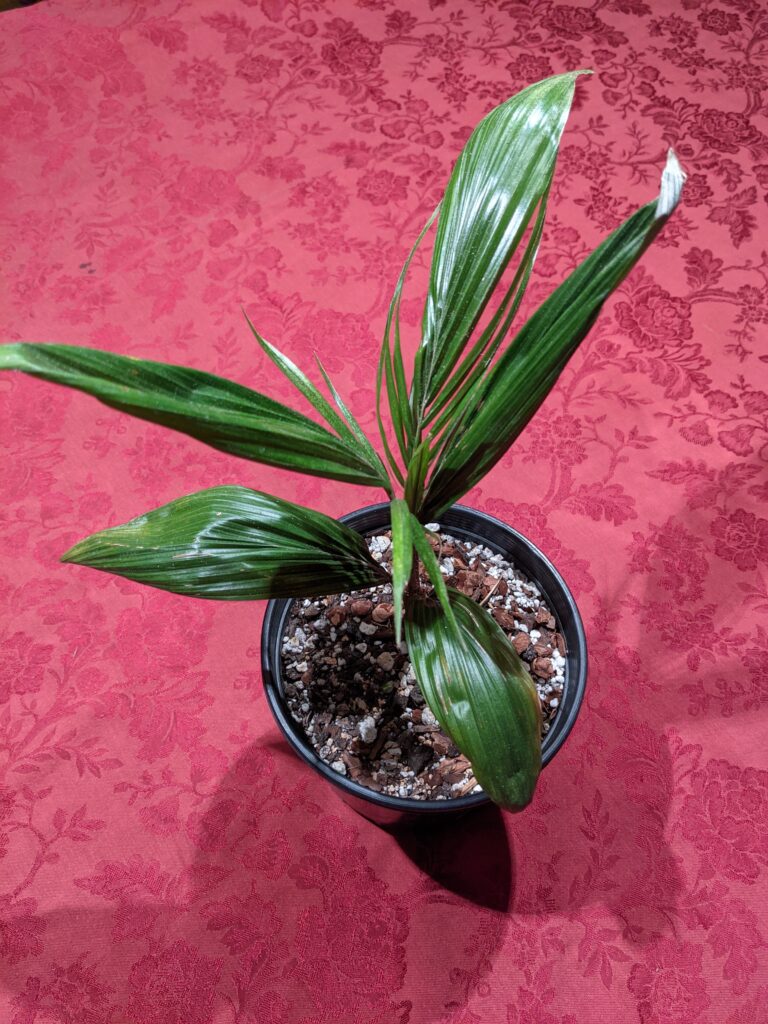
Syagrus hoehnei seedling courtesy of Floribunda palms 
Syagrus hoehnei inflorescence



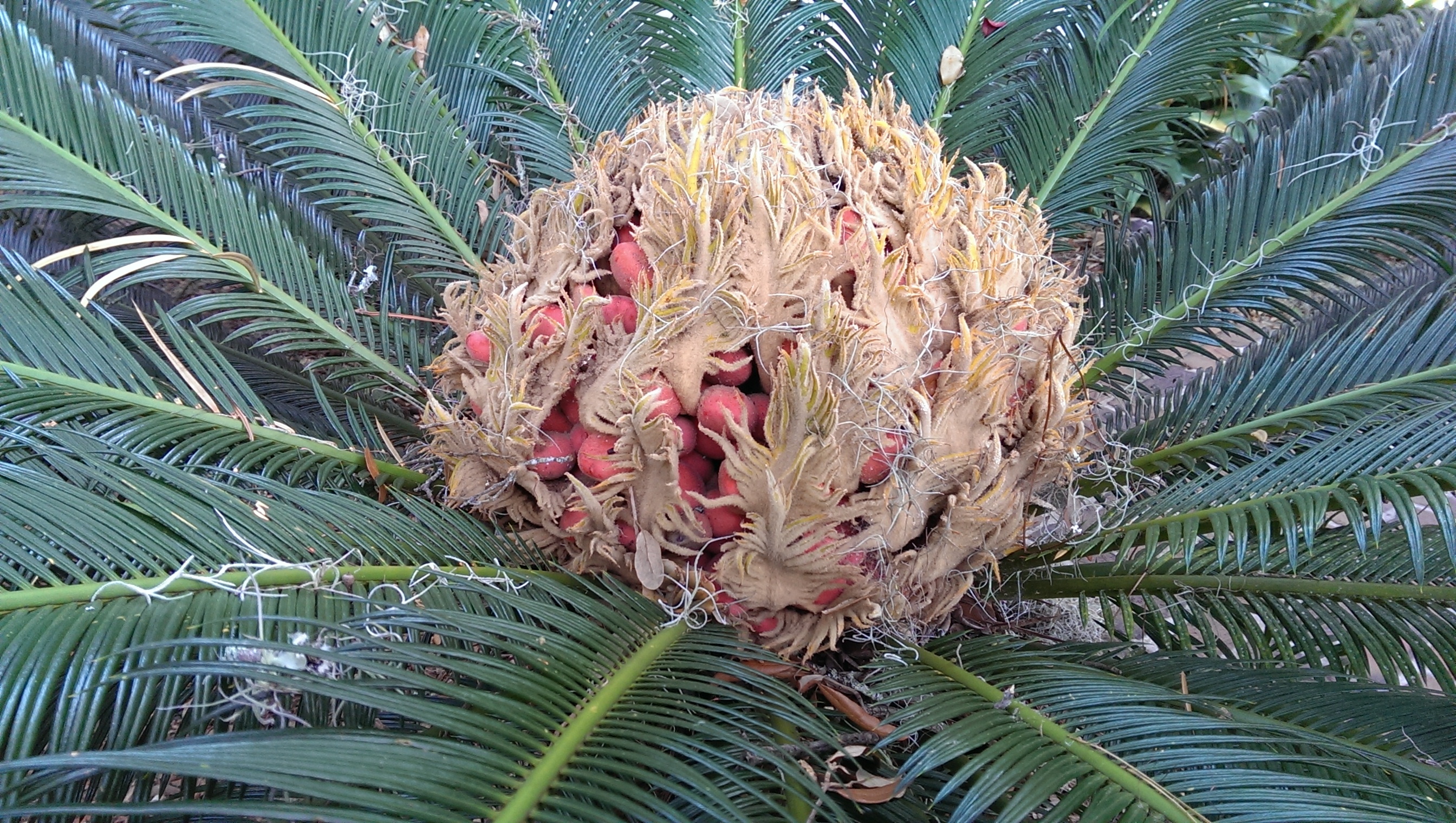
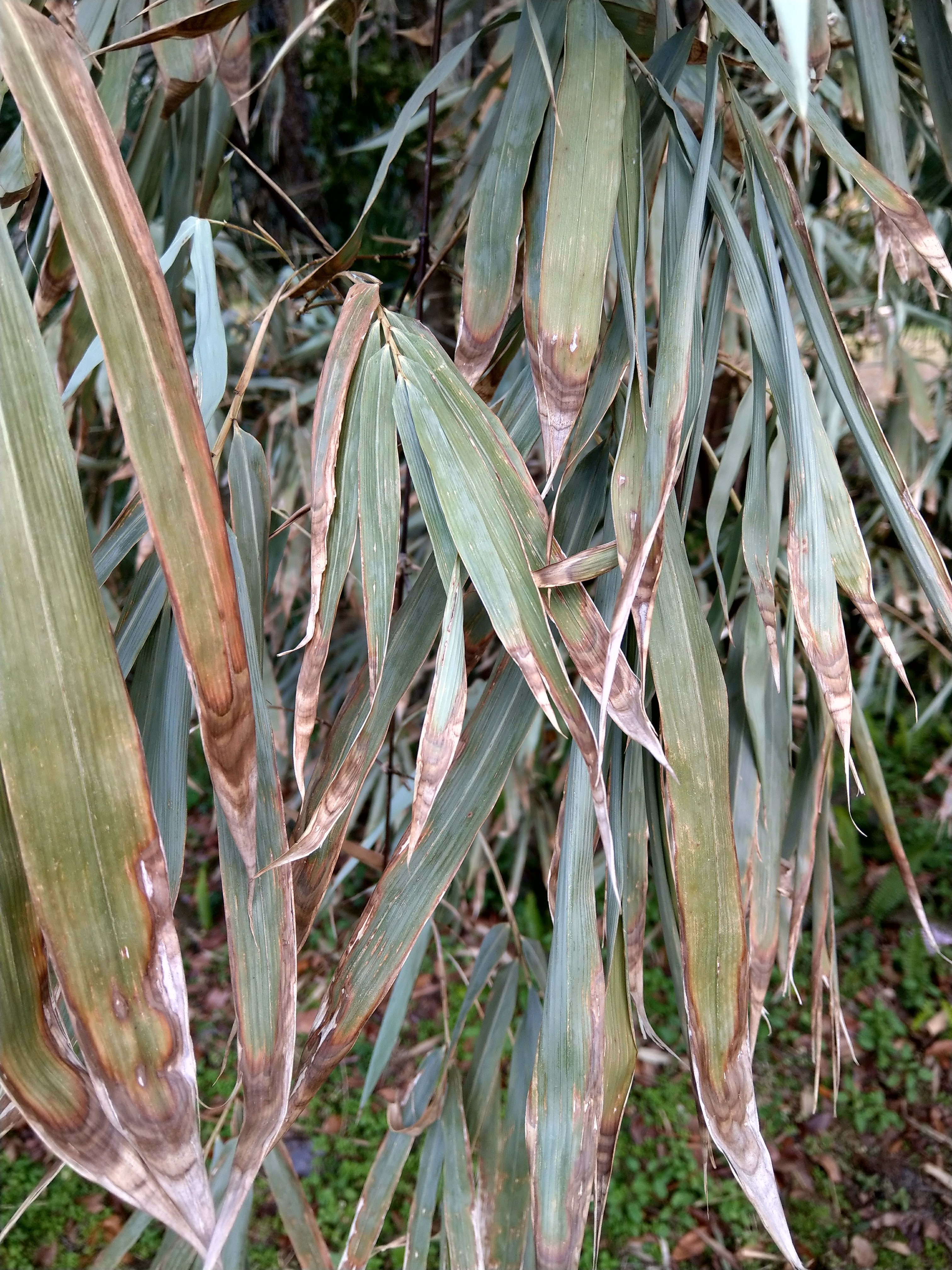
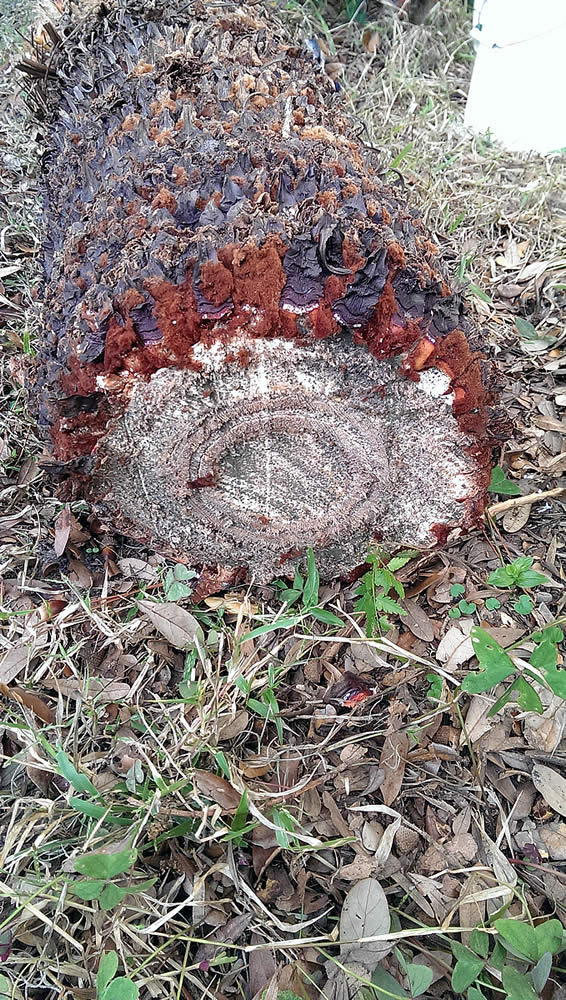
Recent Comments